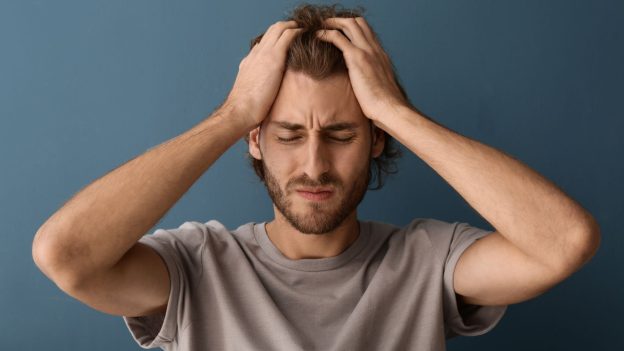Psychosis is a psychiatric syndrome that most commonly occurs in young adults. Around one in 50 people will experience a psychotic episode in their lifetime. A person who has a psychotic illness may have delusions, hallucinations, disordered thinking or abnormal behaviour. When someone becomes ill in this way, it is called a psychotic episode.

Signs and Symptoms
Psychosis affects an individual’s thoughts, feelings, behaviour and communication.
Thinking/Perception — the person may:
think that others are against him or talking about him
think that he is receiving personal messages from the TV or radio
experience heightened senses
hear voices
think that they have special powers
Feeling — the person may:
feel sad and irritable more often
feel isolated
be confused or puzzled
feel that he is unable to trust anyone
feel that he is being constantly watched
Behaviour — the person may:
have difficulty sleeping
talk or smile to himself
neglect his appearance
avoid contact with people
behave aggressively
Treatment
Research shows that early detection — and treatment — of psychosis is associated with a better prognosis. It can be treated and most people make a full recovery.
There are new and effective medicines, as well as improved treatment programmes that optimise recovery and functioning and which contribute to a better outcome for individuals with psychosis.
Besides medication, counselling and psychotherapy, practical assistance such as getting help with school or work and arranging accommodation are other important aspects of treatment.